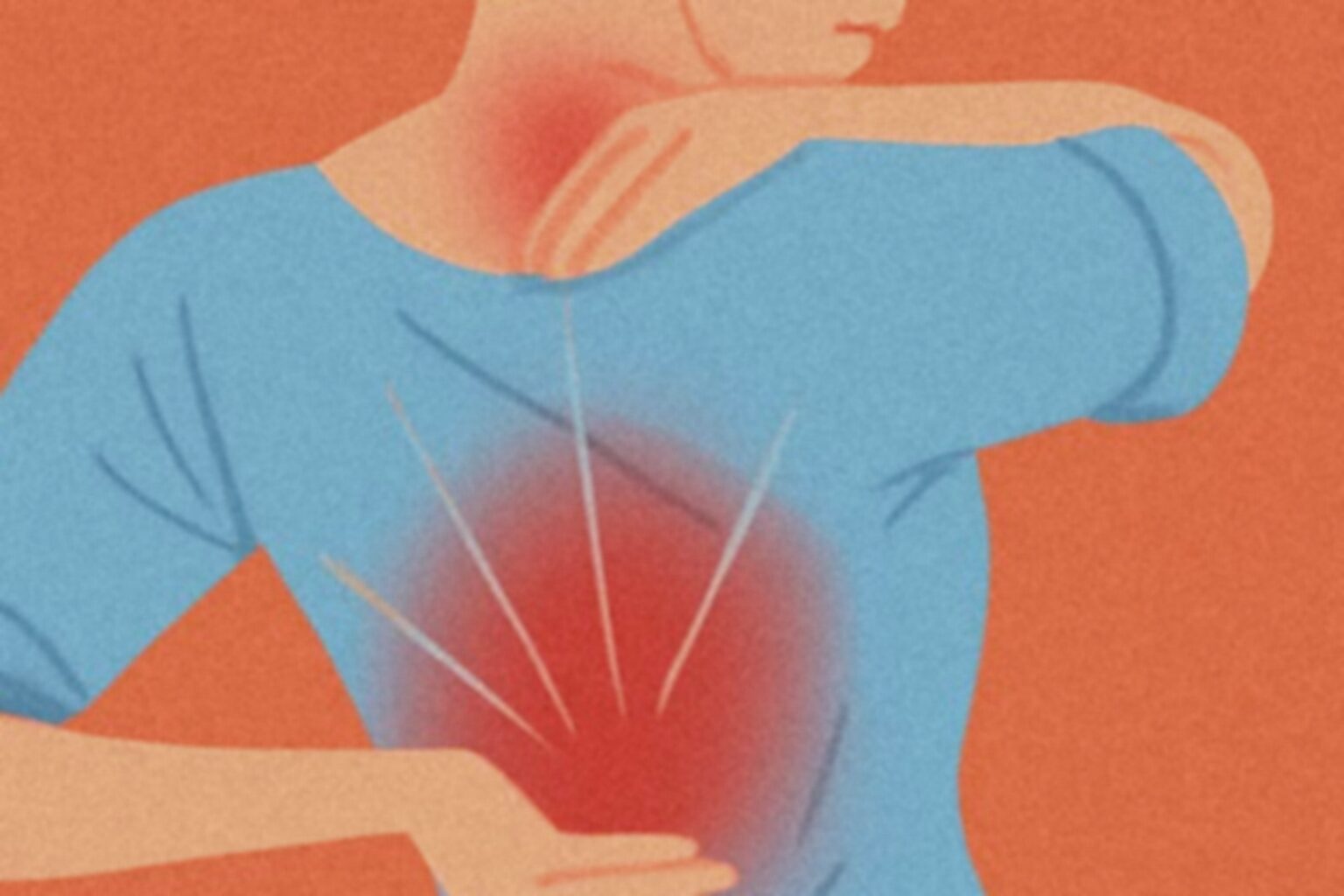Warning Signs That Cancer May Be Growing in Your BodyCancer is a serious illness that can develop silently in the body, often without noticeable symptoms in its early stages. However, being aware of certain warning signs can help with early detection and improve the chances of successful treatment.One of the most overlooked symptoms is unexplained pain, especially if it persists over time. For example, chronic back pain that doesn’t respond to rest or medication may be a signal of something deeper, such as cancer affecting the spine or organs like the kidneys or pancreas. Similarly, neck or shoulder pain that lingers without a clear cause should not be ignored.Other common warning signs include:Unexplained weight lossFatigue that doesn’t improve with restChanges in the skin, such as new moles or sores that don’t healPersistent cough or trouble breathingChanges in bowel or bladder habitsIt’s important to listen to your body. If you experience ongoing or unusual symptoms, consult a healthcare professional. Early detection saves lives. Regular check-ups and screenings can help identify potential problems before they become serious.Warning Signs That Cancer May Be Growing in Your BodyCancer is a serious illness that can develop silently in the body, often without noticeable symptoms in its early stages. However, being aware of certain warning signs can help with early detection and improve the chances of successful treatment.One of the most overlooked symptoms is unexplained pain, especially if it persists over time. For example, chronic back pain that doesn’t respond to rest or medication may be a signal of something deeper, such as cancer affecting the spine or organs like the kidneys or pancreas. Similarly, neck or shoulder pain that lingers without a clear cause should not be ignored.Other common warning signs include:Unexplained weight lossFatigue that doesn’t improve with restChanges in the skin, such as new moles or sores that don’t healPersistent cough or trouble breathingChanges in bowel or bladder habitsIt’s important to listen to your body. If you experience ongoing or unusual symptoms, consult a healthcare professional. Early detection saves lives. Regular check-ups and screenings can help identify potential problems before they become serious.
Silent Signs: How Your Body May Be Warning You About Cancer
